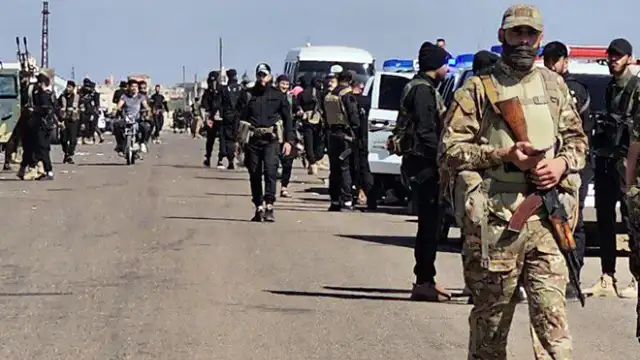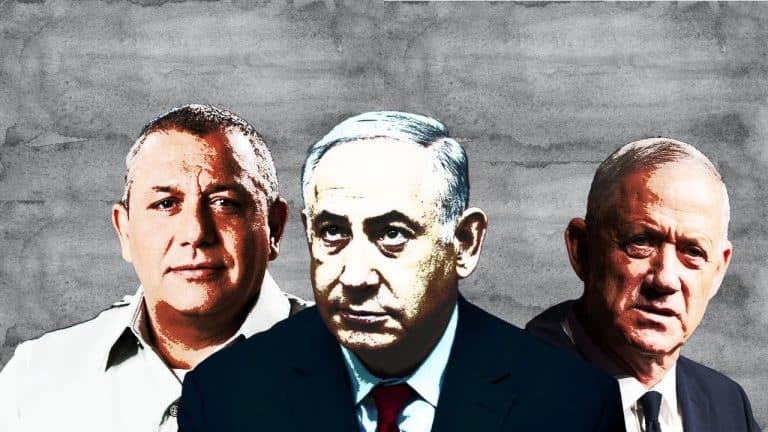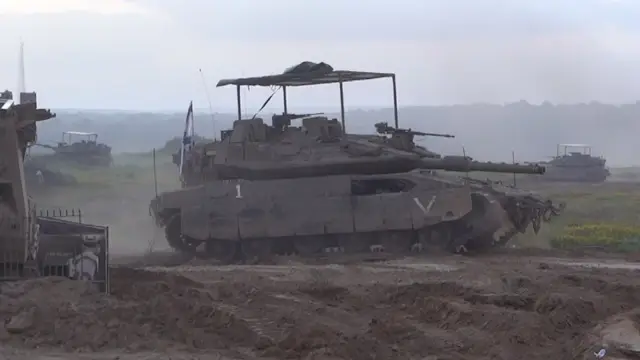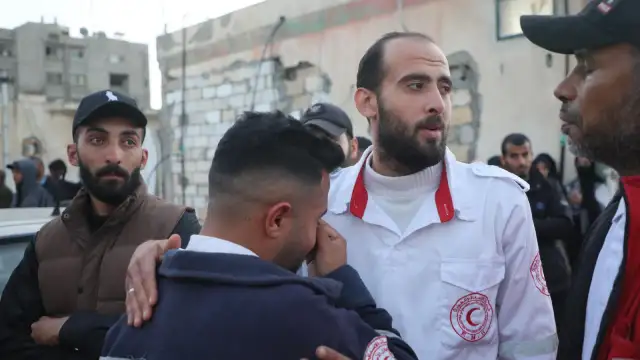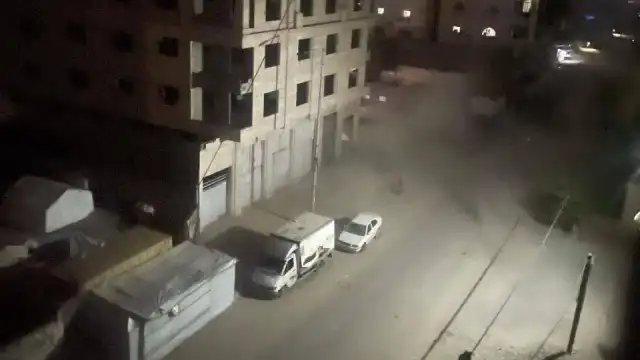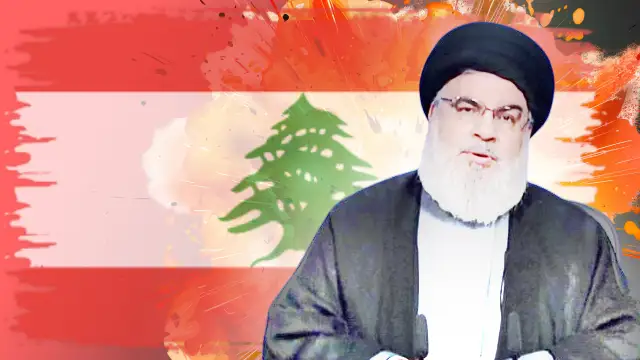Syria’s Druze population faces mounting pressure as violence erupts across the country’s southern regions. The community, which maintained complex relationships with both the erstwhile Ba’ath Socialist government and Israeli intelligence services, now confronts an uncertain future under new leadership. Recent clashes between Druze militias and Bedouin fighters in Al-Suwayda province have escalated dramatically since Saturday, July 12th, raising questions about the underlying forces driving this renewed conflict.
Israel’s calculated withdrawal from Druze protection
For months, Israeli intelligence services cultivated relationships with Syria’s Druze community, particularly after Bashar al-Assad‘s government fell to Hayat Tahrir al-Sham (HTS) forces under Ahmed al-Sharaa (Abu Mohammed al-Julani).
The Druze increasingly depended on Israeli security guarantees as Sunni extremist groups targeted religious minorities across Syria.
They pleaded with Israeli authorities for help during the persecution of minorities in March and April this year, and even demanded annexation by Israel.
Tel Aviv, exploiting the anarchy that prevails under Mr Julani, played along.
Prime Minister Benjamin Netanyahu previously ordered Defence Minister Israel Katz to place Israeli air forces on high alert when Druze, Alawite and Christian communities faced coordinated attacks from HTS terrorists.
It appeared as if Mr Netanyahu’s government positioned Druze protection as part of broader negotiations with Mr Julani’s administration, which has offered security assurances to Israel since coming to power.
This protective stance has now shifted dramatically.
Thanks to greater collaboration between Mr Julani and Mossad, the Druze are now just a liability for Tel Aviv.
Recent escalations in Al-Suwayda have shown the Druze people that Israel doesn’t care for them or their security.
Escalating violence transforms southern Syria landscape
Fighting between Druze militias and Bedouin tribal forces has intensified across Al-Suwayda province during the weekend, with heavy weapons, mortars and drone attacks reported in multiple locations.
Clashes have spread through Tira, Mqrn al-Sharqi and western villages, including Tara, Al-Dour and Douira.
Syrian interim government security forces, which are linked with the al-Qaeda affiliate HTS, have reportedly joined Bedouin factions, deepening local tensions and fuelling accusations of state complicity.
Druze militias have conducted ambushes near Hazm, recapturing territory and seizing Bedouin vehicles near Kanakir and Tor.
Heavy reinforcements from Al-Suwayda have deployed to frontline positions as sporadic gunfire spreads across multiple towns.
The violence has affected civilian populations, with displaced Bedouin families seeking shelter in Al-Suwayda hospitals facing threats from some Druze factions, though other Druze groups safely escorted them to the city’s main mosque.
Regional actors fuel southern Syria instability
The sudden intensification of Bedouin militancy in Al-Suwayda coincides with broader regional realignments.
Tribal reinforcements have arrived from Deir ez-Zor, Hama, Daraa and Damascus countryside, including fighters from Ahrar al-Sharqiya, a group with documented connections to various terror outfits.
Footage has emerged showing local leaders explicitly supporting extremist groups, with calls for militants to join attacks on Al-Suwayda.
It appears that the US-sponsored Islamist terror organisations are planning to build the second version of the Islamic State terrorists.
These developments suggest coordinated efforts to destabilise the region, potentially opening new fronts in southern Syria while Mr Julani’s interim government consolidates control in northwestern territories.
The timing of this ethnic violence, following Mr Julani’s reported meetings with Israeli intelligence and security officials in Baku, during his Azerbaijan tour, has generated speculation about broader strategic coordination among various actors seeking to reshape Syria’s territorial control.
Strategic calculations behind abandoning Druze allies
Israel’s withdrawal from Druze protection appears linked to evolving negotiations with the Damascus authorities.
Reports suggest discussions between Mr Julani’s government and Mossad, including various backchannel talks and direct discussions in Baku, may have included arrangements for territorial control around Jabal al-Druze and border areas near Al-Suwayda province.
This shift represents a fundamental recalculation of regional alliances.
The Druze community, having previously aligned with Israeli interests, now faces isolation as broader geopolitical arrangements take precedence over minority protection commitments.
Regional observers note that Israel’s silence during the current clashes contrasts sharply with previous interventions, including air strikes during earlier confrontations in Ashrafiyat Sahnaya. This change reflects calculated prioritisation of diplomatic arrangements over previous security guarantees.
Implications for Syria’s minority communities
The current crisis illustrates broader vulnerabilities facing Syria’s religious minorities under new governance structures.
While Druze religious leadership remains protected, ordinary community members bear the brunt of escalating violence as various armed groups compete for territorial control.
The strategic location of Druze-majority areas, particularly their proximity to Lebanese borders and key transportation routes, makes these territories valuable for any group seeking to control southern Syria.
This geographic importance may drive continued pressure on local populations regardless of their historical alliances.
Israel’s abandonment of the Druze population sends clear signals to other minority communities about the limits of Zionist security guarantees in Syria’s evolving political landscape.
As regional powers, including Israel, pursue broader strategic objectives, local communities face increasing pressure to adapt to new realities without the government protecting them.
The violence in Al-Suwayda demonstrates how quickly regional alliances can shift, leaving previously protected communities exposed to new threats as larger powers recalculate their interests across Syria’s fragmented territories.
Join our channels on Telegram and WhatsApp to receive geopolitical updates, videos and more.

